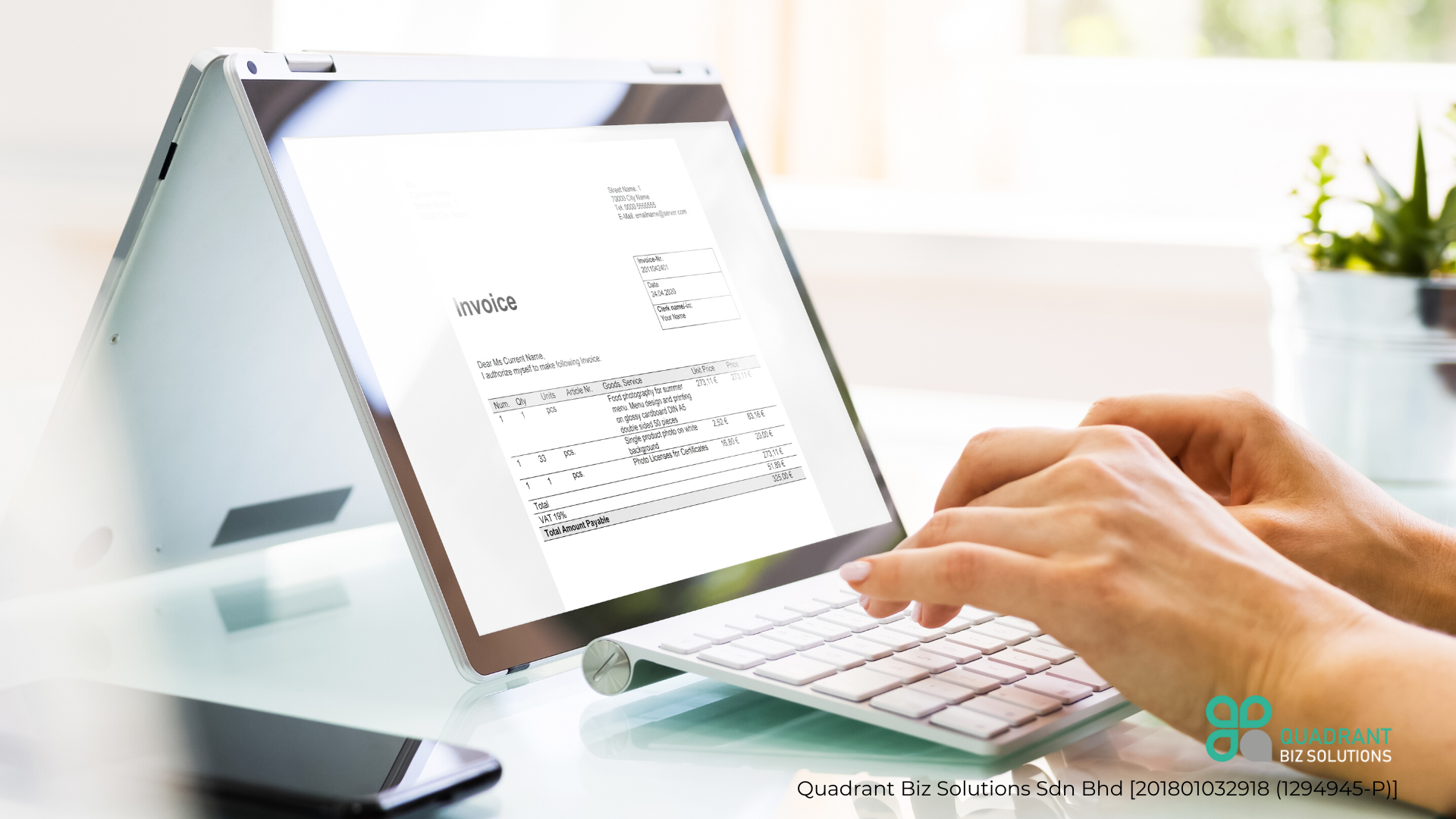
On September 29, 2023, the Inland Revenue Board of Malaysia (IRBM) issued the updated e-Invoice Guideline (Version 2.0), superseding the earlier directives issued on July 21, 2023. The revised e-Invoice Guideline 2.0 incorporates additional details on exemptions from e-invoicing and introduces a broader range of optional fields for enhanced electronic invoicing.
With the new and updated guidelines, taxpayers will have to take note of the implementation timeline and consider the relevant e-invoicing needs and requirements for their businesses.
Scope of e-invoicing
E-invoicing covers a wide spectrum, including business-to-business (B2B), business-to-consumer (B2C), and business-to-government (B2G) transactions. It applies to all taxpayers engaged in commercial activities in Malaysia, encompassing the provision of goods and services, as well as certain non-business transactions between individuals.
For B2C transactions, suppliers have the flexibility to issue a traditional receipt or invoice when consumers do not require an e-invoice for specific transactions.
Mandatory implementation timeline
The new mandatory e-invoicing implementation considers the gradual roll-out plan for targeted taxpayers as follows:
- From 1 June 2024: Taxpayers with an annual turnover exceeding MYR 100 million
- From 1 January 2025: Taxpayers with an annual turnover between MYR 50 million and MYR 100 million
- From 1 January 2026: Taxpayers with an annual turnover between MYR 25 million and MYR 50 million
- From 1 January 2027: All taxpayers and certain non-business transactions
The determination of annual turnover for the implementation timeline is based on audited financial statements or tax returns for the year 2022. Changes in subsequent years will not affect the determined e-invoicing implementation date. However, taxpayers have the option to voluntarily adopt e-invoicing earlier, regardless of their turnover.
For new businesses or operations commencing from 2023 onwards, the mandatory e-invoicing implementation date is set for 1 January 2027, with further guidance to be provided. Notifications will be sent to taxpayers mandated to adopt e-invoicing in phases, ensuring a smooth transition.
To comply with the updated e-Invoice Guideline (Version 2.0), businesses can utilise various tools and solutions for e-invoicing. Here are some recommended tools that can help businesses implement e-invoicing and adhere to the new guidelines:
1. Zoho Invoice:
- Zoho Invoice is an online invoicing software that supports e-invoicing.
- It allows businesses to create professional invoices, track expenses, and send invoices electronically.
2. QuickBooks:
- QuickBooks is a popular accounting software that facilitates e-invoicing.
- It enables businesses to generate electronic invoices, track payments, and manage financial transactions.
3. Xero:
- Xero is a cloud-based accounting software that supports e-invoicing capabilities.
- It allows businesses to create and send invoices electronically and provides real-time financial insights.
4. FreshBooks:
- FreshBooks is an invoicing and accounting software that supports e-invoicing features.
- It helps businesses create and send invoices online, track expenses, and manage client interactions.
5. Wave:
- Wave is a free accounting software that includes e-invoicing features.
- It enables businesses to create and customise invoices, track payments, and manage accounting tasks.
